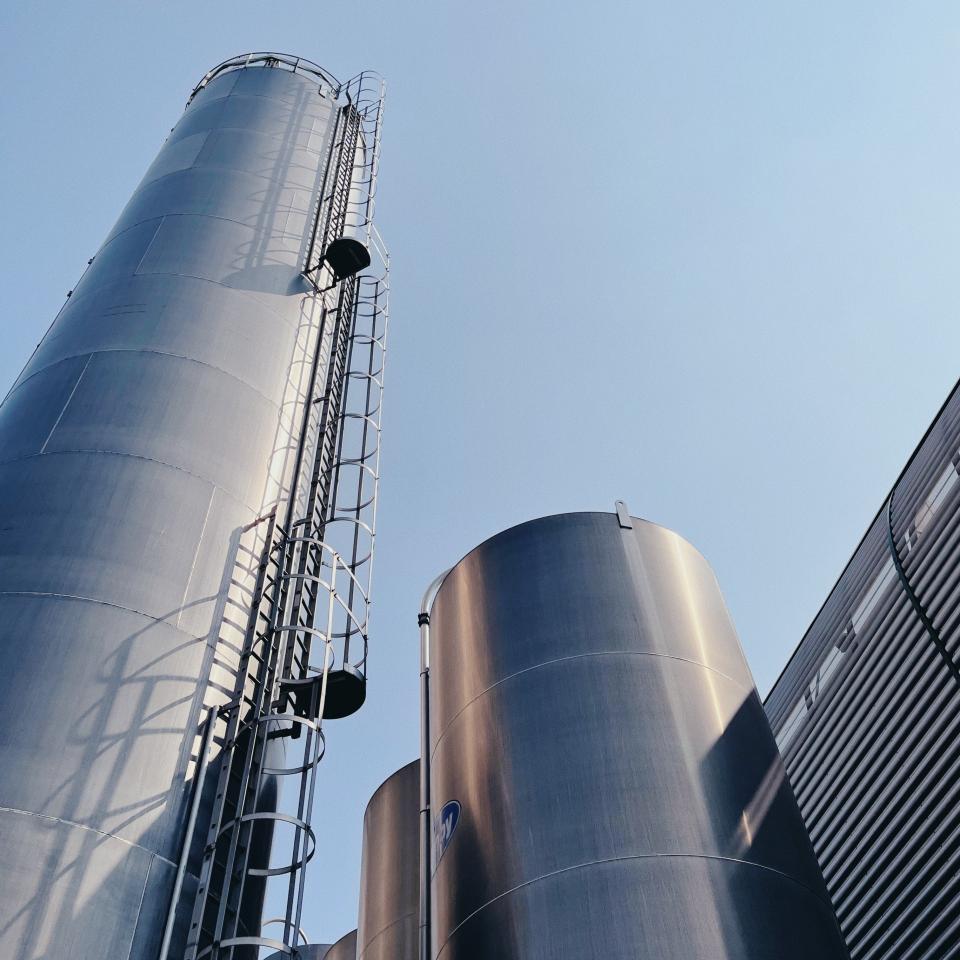
Pioneering the use of hydrogen for transport and industry
Researchers at the University of South Wales have developed cost-effective, low-carbon methods of producing and recovering hydrogen.
Hydrogen has been used as an industrial gas for over 100 years. Today, industry uses more than 75 megatonnes (Mt) of hydrogen gas a year, most of which is produced from fossil fuels and, as a result, generates over 700 Mt of CO2 per year (equivalent to twice the overall CO2 emissions of the UK as a whole).
Historically, there has been little understanding of how hydrogen can help to decarbonise industry and reduce emissions. Since 2008, a research team from the University of South Wales (USW) has worked at the university’s Hydrogen Centre in Baglan and its Sustainable Environment Research Centre laboratories in Glyntaff to develop cost-effective, low-carbon methods of producing and recovering hydrogen.
Developing a commercially viable way to produce hydrogen
The research team worked with academic and industrial partners to find ways to:
- produce and store hydrogen, including at scale
- use hydrogen efficiently
- recover hydrogen from steel making
- use hydrogen for transport
The team established new ways to produce hydrogen that could be used both industrially and commercially.
Working with industry
Working with ITM Power PLC (ITM), a UK-based company specialising in hydrogen technologies, they developed a technique to produce hydrogen without carbon emissions. They also worked with ITM to show that hydrogen-fuelled vehicles could help to meet UK policy ambitions, and worked with the company on a project to supply clean refinery hydrogen for Europe.
Working with Tata Steel (UK), HyET (the Netherlands) and Skyre (USA), the team looked at how to recover hydrogen from steel making. They developed techniques to produce nationally significant volumes of high-purity hydrogen more efficiently and at a lower cost than current methods allow.
The team has developed a way to produce, store and use low-carbon hydrogen that is now used in refuelling stations and power-to-gas plants in 21 countries. They have also:
- created ways for hydrogen to be blended with natural gas networks at scale
- improved hydrogen recovery and use from steelworks gases
- influenced planning for the decarbonisation of steelmaking
- and identified a global potential to produce several million tonnes of hydrogen per year at a lower cost than current methods.
Their work has also led to the development of a wide-ranging industrial collaboration in Wales, which is championing hydrogen’s role in achieving net-zero carbon and industrial growth.
Helping organisations switch to hydrogen
The research team has also taken steps to help organisations in the UK adopt hydrogen as an energy source. This has included building a hydrogen station at Baglan that a number of organisations use for their fleet vehicles, and working with partners on a project that enabled zero-carbon hydrogen refuelling stations for marine craft on the Isle of Wight.
Influencing policy
This research has contributed to significant changes in policy and funding and has led governments worldwide, manufacturers in different industrial sectors, and energy suppliers to seriously consider hydrogen as an industrial energy source for the first time.
The team helped to set up the Welsh Government (WG) Hydrogen Reference Group, as well as sitting on the WG’s Low Carbon Vehicle Expert Steering Group and providing testimony to the WG’s Climate Change, Environment and Rural Affairs Committee on the future role of hydrogen for heat.
Outside of Wales, the team helped to create the UK’s Hydrogen Strategy and has worked with the Chinese State Grid Corporation to inform their approach to using hydrogen.
Research team
Jon Maddy, Stephen Carr, Christian Laycock, Fan Zhang and Alan Guwy – Sustainable Environment Research Centre, University of South Wales.
